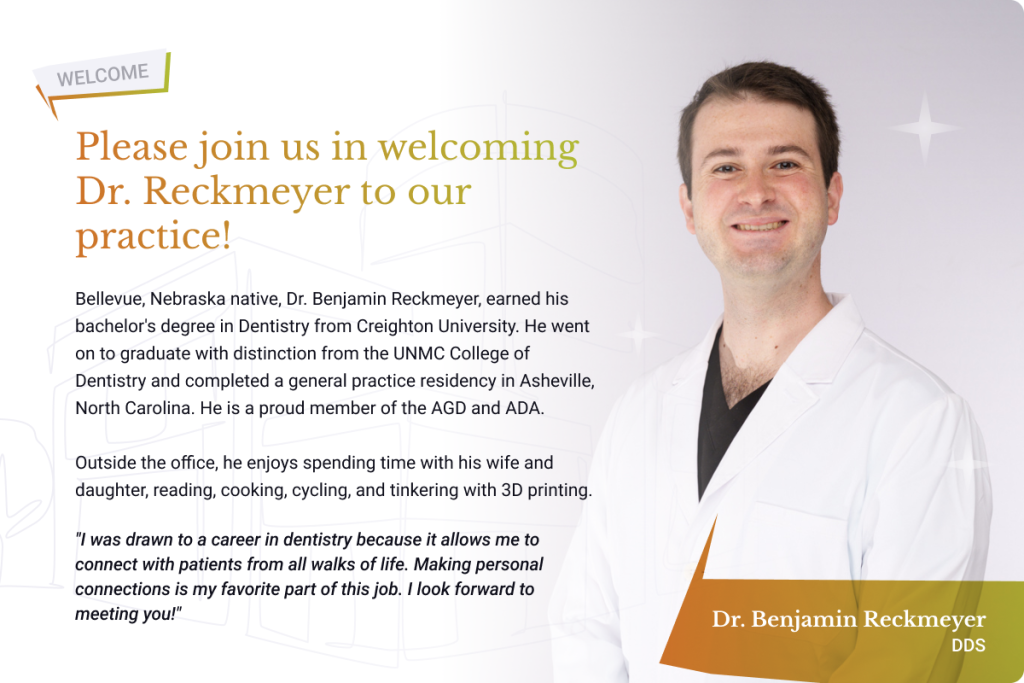Navigating the Speech Terrain
Effective communication is crucial in our daily lives, whether in professional or personal settings. Clear speech and proper pronunciation play a vital role in expressing ourselves and connecting with others. As such, it’s essential to understand the potential impact of dental implants on speech and address any concerns or challenges that may arise.
At Downtown Dental Group, located in Manhattan, under the care of Dr. Juliana Hall, we’ll explore the relationship between dental implants and speech, providing insights into common speech challenges, strategies for improvement, and tips for choosing the right dental implant provider. Proper care and adjustments can minimize any effects on speech, ensuring a smooth transition to your new dental implants.
Contact us at (785) 776-0097 to learn more about our dental implants.
How Dental Implants Can Impact Speech
Dental implants are artificial tooth roots that are surgically placed into the jawbone, providing a sturdy foundation for dental crowns, bridges, or dentures. The placement of dental implants involves surgical procedures that can alter the anatomy of the mouth and affect speech in several ways:
Anatomical Changes
The exact location and positioning of the implant in the jawbone can influence the movement of the tongue, potentially affecting the articulation of certain sounds. Additionally, dental implants, especially in the upper jaw, can change the shape of the palate and the way the tongue rests against it, leading to potential speech difficulties.
Temporary Effects During Healing
After the implant surgery, patients may experience swelling and soreness in the mouth and jaw area, which can temporarily impact speech clarity and articulation. During the initial healing period, it may be challenging to produce certain sounds or articulate words clearly due to the location of the surgical sites or temporary changes in the mouth’s anatomy.
Common Speech Challenges with Dental Implants
While the extent and duration of speech challenges can vary, some common issues that patients may experience with dental implants include:
- Lisping or Slurring of Certain Sounds: Dental implants may cause difficulties in producing sounds that require precise tongue positioning, such as “s,” “z,” or “sh,” leading to a lisp or slurring effect.
- Difficulty with Consonant Clusters or Blends: Certain consonant combinations or blends, like “st,” “cl,” or “br,” may be harder to pronounce clearly due to the altered tongue positioning or the presence of the implant.
- Potential Changes in Resonance or Tone: In some cases, dental implants may affect the resonance or tone of the voice, particularly if the implants are located in the upper jaw or palate area, which can influence how sound waves travel through the oral cavity.
Strategies for Improving Speech after Dental Implants
While speech challenges are common after receiving dental implants, some effective strategies and techniques can help improve articulation and pronunciation:
Working with a Speech Therapist
A speech therapist can provide personalized exercises and techniques designed to improve tongue positioning, airflow control, and articulation specific to the patient’s needs and the location of their dental implants. Regular sessions with a speech therapist allow for monitoring progress, identifying persistent problem areas, and adjusting the therapy plan as needed.
Practicing at Home
Dedicating time to reading aloud and consciously focusing on proper articulation can help reinforce the techniques learned from the speech therapist and build muscle memory. You can also record yourself while reading or speaking, and then listening back can help identify areas for improvement and track progress over time.
Patience and Persistence During the Adjustment Period
It’s important to be patient and persistent during the adjustment period, as it may take several weeks or months for the mouth and tongue muscles to adapt to the presence of dental implants.
Tips for Choosing the Right Dental Implant Provider
To ensure a smooth transition and minimize potential speech issues, it’s crucial to choose a reputable and experienced dental implant provider, like Dr. Juliana Hall. Here are some tips to consider:
- Consider the Provider’s Experience and Expertise: Look for a dental practice or specialist with extensive experience in dental implant procedures, as well as a proven track record of successful outcomes.
- Discuss Speech and Pronunciation Concerns Upfront: During the initial consultation, be sure to express any concerns or apprehensions you may have about potential speech impacts. A skilled provider can address these concerns and outline strategies for mitigating speech challenges.
- Seek Referrals and Read Patient Reviews: Ask friends, family members, or your general dentist for referrals to reputable dental implant providers. Additionally, read online reviews and testimonials from previous patients to gauge their experiences and satisfaction.
Discover the Power of Confident Speech: Request Your Dental Implant Consultation!
Ready to regain confidence in your smile and speech with dental implants? Schedule a consultation with Dr. Juliana Hall at Downtown Dental Group in Manhattan today!
Our experienced team is dedicated to providing personalized care and guidance throughout your dental implant journey. Don’t let speech concerns hold you back — take the first step towards a brighter, more confident future. Contact us at (785) 776-0097 to learn more and start your transformation!

